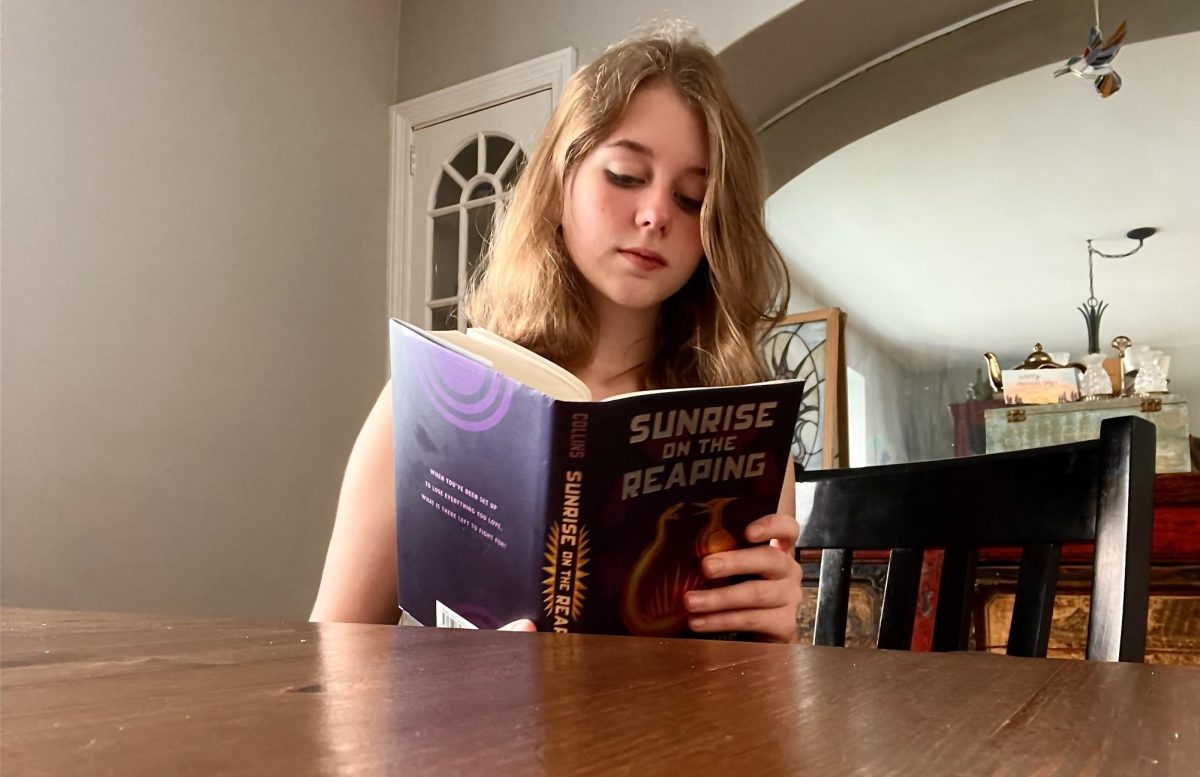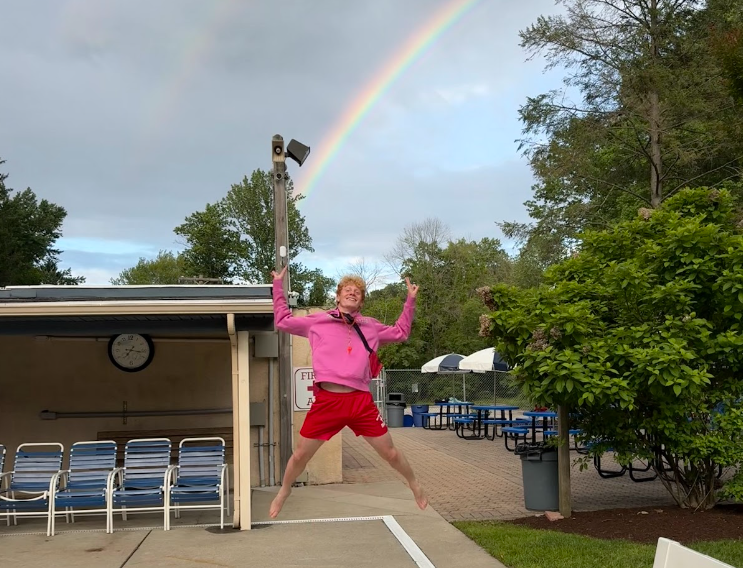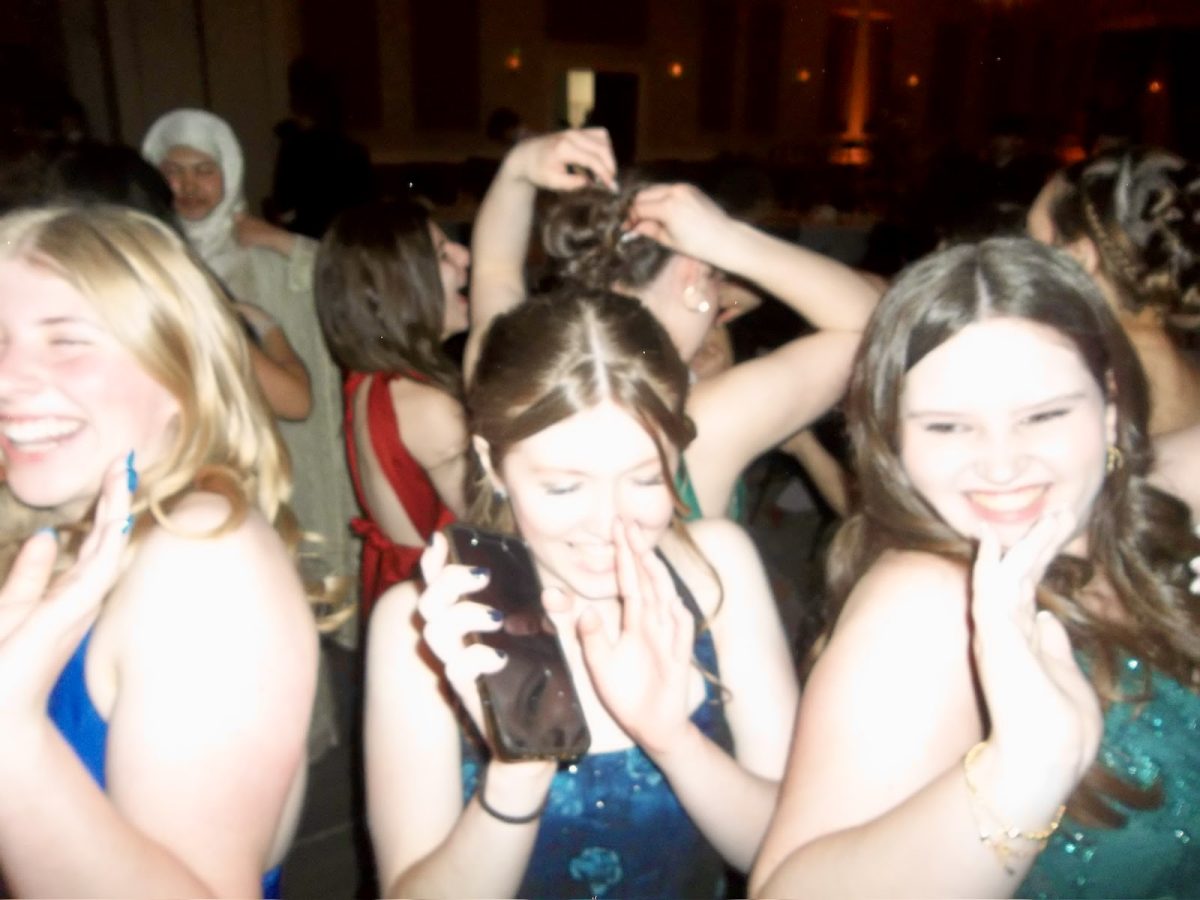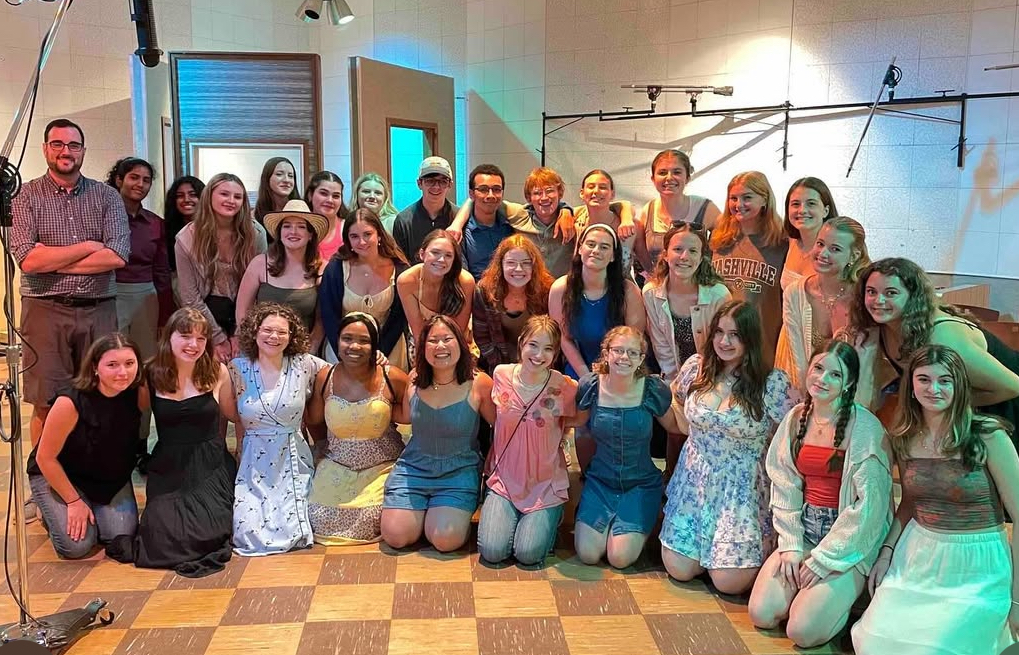Generation Z is facing a loneliness epidemic. As a whole, we are statistically more dissatisfied, anxious, and depressed than other generations. When I am struggling, whether due to relationships, school, politics, or just myself, I appreciate art that replicates that feeling, as art can be used to better understand and process our emotions.
That said, I don’t find that our generation is well represented. The unique loneliness and discontent we feel is hard to find in popular art. It’s absent in Gen Z TV shows like Ginny and Georgia, XO Kitty, or even Heartstopper. So, imagine my surprise when I found that a movie from nearly 60 years ago understood the feeling best.
In 1967, the Vietnam War was in full force. The younger generation was either carted off to college or were drafted or enlisted into the armed forces. Whether they were victims or outsiders to the turmoil, they were becoming disillusioned with their parents’ traditional way of life. The generation gap was a chasm. The Graduate became a box office hit because it captured the mood of this generation in upheaval.
The Graduate is iconic to this day. Even those who have never heard of it have felt its influence in popular culture. It practically invented the risqué older woman trope, creating space for various films from the sentimental Harold and Maude to the raunchy American Pie. When given the opportunity to cast Robert Redford, the film instead starred a then-unknown Jewish actor, Dustin Hoffman, who went on to win two Oscars. The soundtrack helped cement Simon and Garfunkel’s place in music history; “Mrs. Robinson” was written for the film and became a pop hit. Already popular, “The Sound Of Silence” had another reason to be an anthem.
The Graduate expands on the story from Charles Webb’s 1963 book of the same name. The main character, Benjamin Braddock (Dustin Hoffman), is living a perfect, wealthy life. He is a good athlete, highly involved in extracurriculars, and an academic force, but he comes home from college with no enthusiasm for the scholarship he earned, his past achievements, or what he will do with his future. He is overwhelmed by his parents and their friends telling him what path to follow with his privileged life, and no one seems to offer him any support.
In the throes of depression, Benjamin succumbs to an affair with the wife of his father’s business partner, Mrs. Robinson. While he spends his days drinking, watching television, and drifting directionless in the pool, he spends his nights with a bitter married woman with whom he has no connection. That is, until—much to her displeasure—he falls for Mrs. Robinson’s daughter, Elaine. The ups and downs bring Benjamin to life, and he finds purpose in the rebellion of pursuing Elaine. When they finally seem to have found a happy ending, however, neither Benjamin nor Elaine is sure they are happy.
I believe Gen Z can relate to Benjamin in many ways. We, too, are uneasy about our futures. Benjamin is pressured to continue on a traditional path and go into the plastics business, but he feels no desire for this. He sits about distracting himself with alcohol, media, and romance, but nothing satisfies him. When he has his dream girl, he realizes he was rebelling for the sake of rebelling, and all he has done is make his future more uncertain.
It captures a despairing feeling that there is no way to win. The adults in our lives often seem stable and content, not having grown up with modern burdens, from the drowning artificiality of the media to our terrifying political, environmental, and personal futures. It seems the world is certainly on a depressing path, while we as individuals are not certain we are going anywhere. We occasionally find ourselves swept away while we suffer an existential crisis. Even when we make a choice for ourselves, whether it will have a positive effect or any effect at all is not guaranteed.
What most makes The Graduate special is the direction. Mike Nichols won the movie’s only Academy Award for directing, and it is not hard to see why. Nichols makes use of fun, experimental film techniques in moments like the iconic Mrs. Robinson seduction sequence; however, seriousness is where he excels. Whether Benjamin is framed by a fish tank, diving in the pool, or floating on top, water is a repeated symbol in the film. Benjamin’s isolation and containment by water express more emotion than many movies that have tried to portray modern issues. Sometimes, relating to an audience is not about showing the specifics but instead about capturing an emotion.
The Graduate is the perfect movie for a generation drowning in loneliness, even decades later. Yes, it is a different world: there is different technology and a different culture, but the same sentiment of loneliness and dissatisfaction endures. We aren’t the first generation to feel unhappy with the society built by the generations before us. We are not the first to feel out of control and worried about our futures. We are not the first to feel alone, and we can see ourselves in art that was created long before our time.















